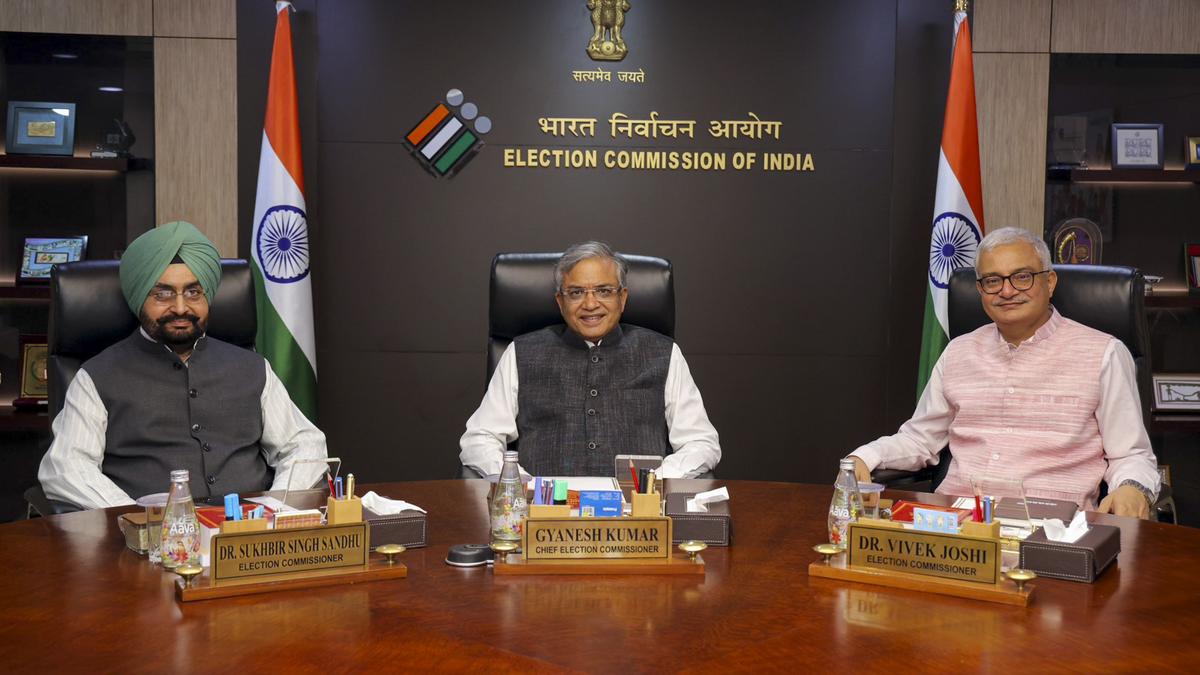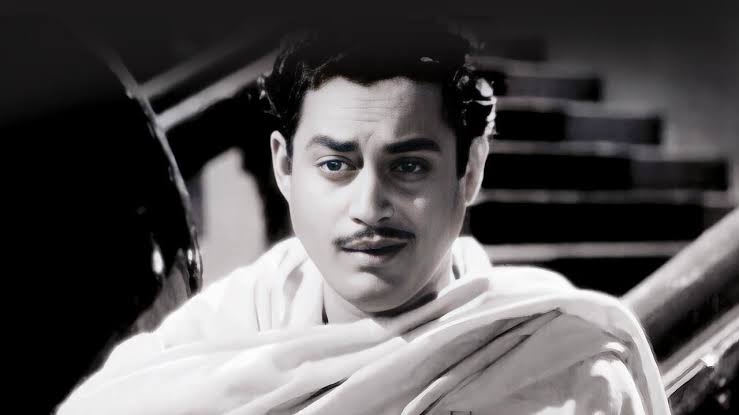Social Welfare
Nutrition Deficit Hinders National Economic Growth
Adib Mustafa | yesterday
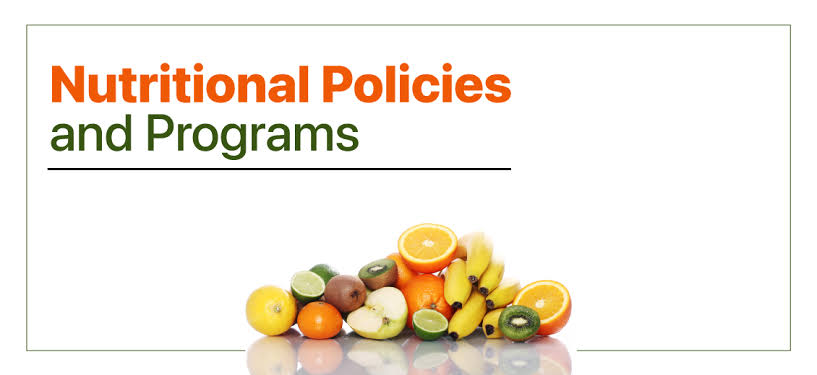
Alok K.Shrivastava | yesterday
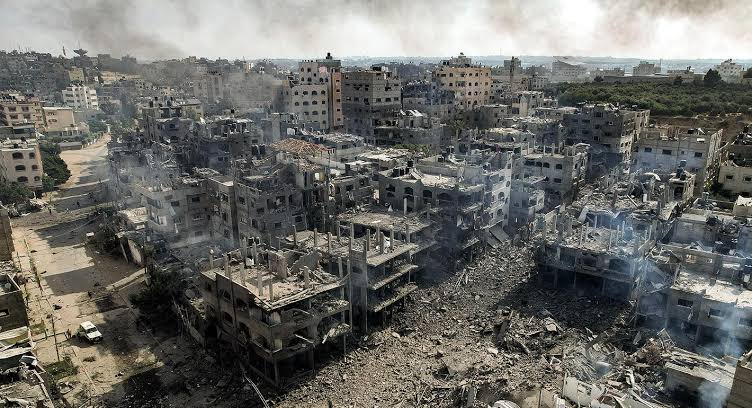
Hasnain Naqvi | yesterday
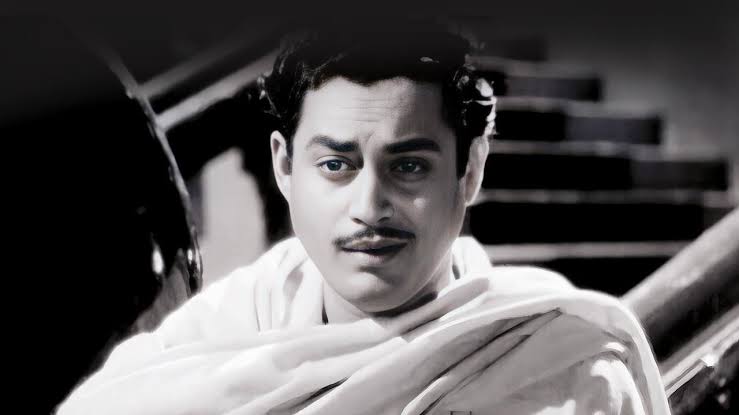
Afroz Ashrafi | yesterday
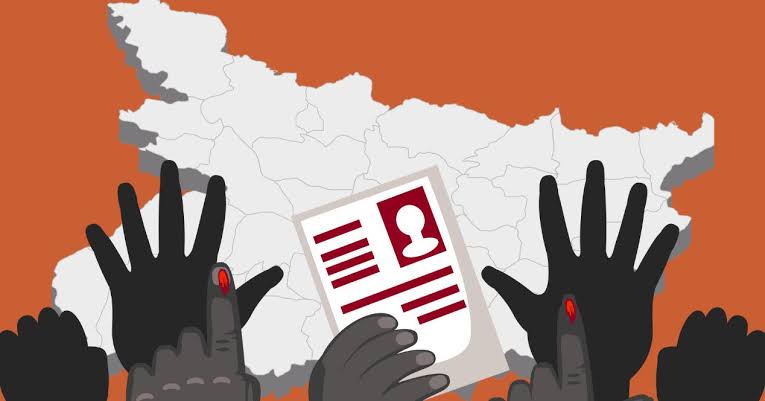
O. P. Singh | yesterday
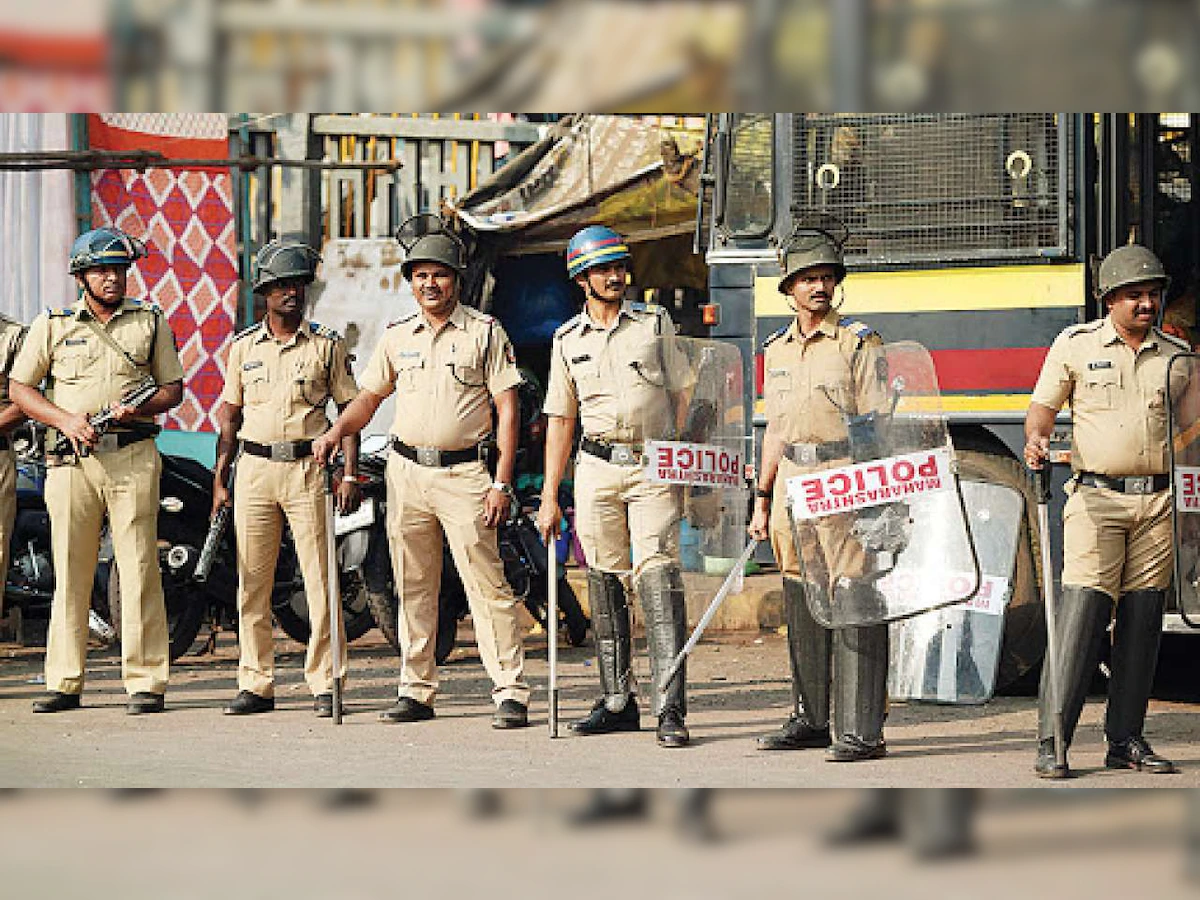
Alok K.Shrivastava | 16 hours ago

Hasnain Naqvi | 1 day, 6 hours ago

Afroz Ashrafi | 1 day, 19 hours ago

O. P. Singh | 2 days, 7 hours ago


Nutrition Deficit Hinders National Economic Growth

Gaza Stalemate May be Further Prolonged

Guru Dutt at 100: The Melancholy Maestro Who Lit Up Indian Cinema

Bihar Electoral Roll Revision: A Theatre of the absurd
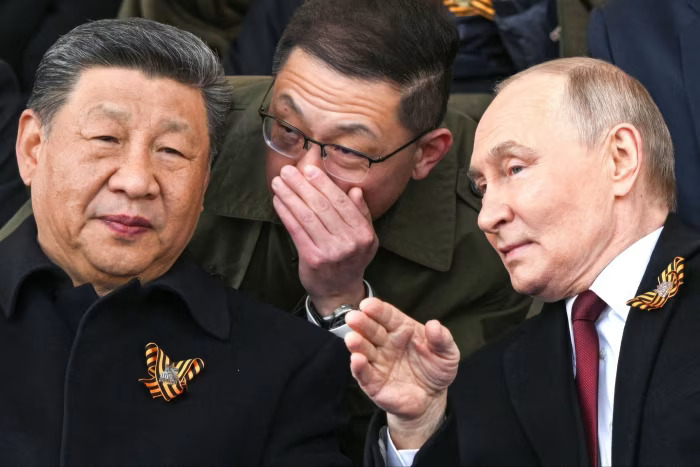
Read More

Read More

